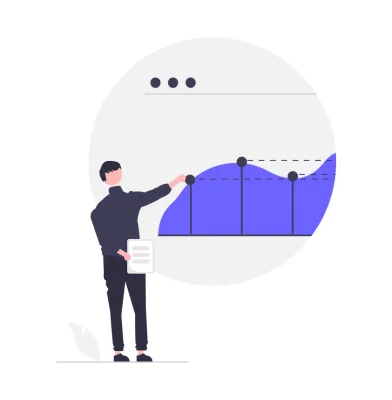
Economics Questions and Answers
Economics questions and answers to help you prepare for JAMB, WAEC, NECO, Post UTME and job aptitude tests or interviews.

Economics questions and answers to help you prepare for JAMB, WAEC, NECO, Post UTME and job aptitude tests or interviews.
In manufacturing, division of labour may be hindered by
Excessive demand for the product
Low level of technology
Excess supply of labour
Increase in the export of goods
Correct answer is B
Factors that limit the application of division of labour are: size of market, production method/technology, nature of commodities, non-availability of capital, non -availability of required skilled labour, low level of technology etc
Which of the following factors is not a cause of diminishing returns?
Increase in variable inputs
Land fragmentation
Constant technology
Technological innovations
Correct answer is D
Law of diminishing returns also known as known as law of variable proportion. It is applied to the short run analysis of production . However, the causes of diminishing returns are: fixed costs, limited demand, No change in technology, scarce factors etc.
A minimum price legislation is also called
Price ceiling
Price floor
Price control
Price mechanism
Correct answer is B
Minimum price is often called price floor and it is fixed by the government to protect the producer or seller. Minimum price is set above the equilibrium price and when this occur, there will be excess supply over demand i.e surplus.
If the government imposes a minimum price on a commodity
Market surplus occurs
The market will be cleared in the short-run
Excess demand occurs
Government regulation is no longer needed
Correct answer is A
Minimum price is often called price floor and it is fixed by the government to protect the producer or seller. Minimum price is set above the equilibrium price and when this occur, there will be excess supply over demand i.e surplus.
A consumer of a single commodity is in equilibrium when
He can equate his demand with price
He equates marginal utility and price
He can equate his marginal and total utilities
His marginal utility is equal to zero
Correct answer is B
A consumer is in equilibrium when the marginal utility equal to the price of the commodity i.e MUx = Px.
Where : X = the commodity
MU = Marginal utility
P = price of the commodity
Therefore, a consumer who consume a single commodity such as apple will be at equilibrium when MUa = Pa